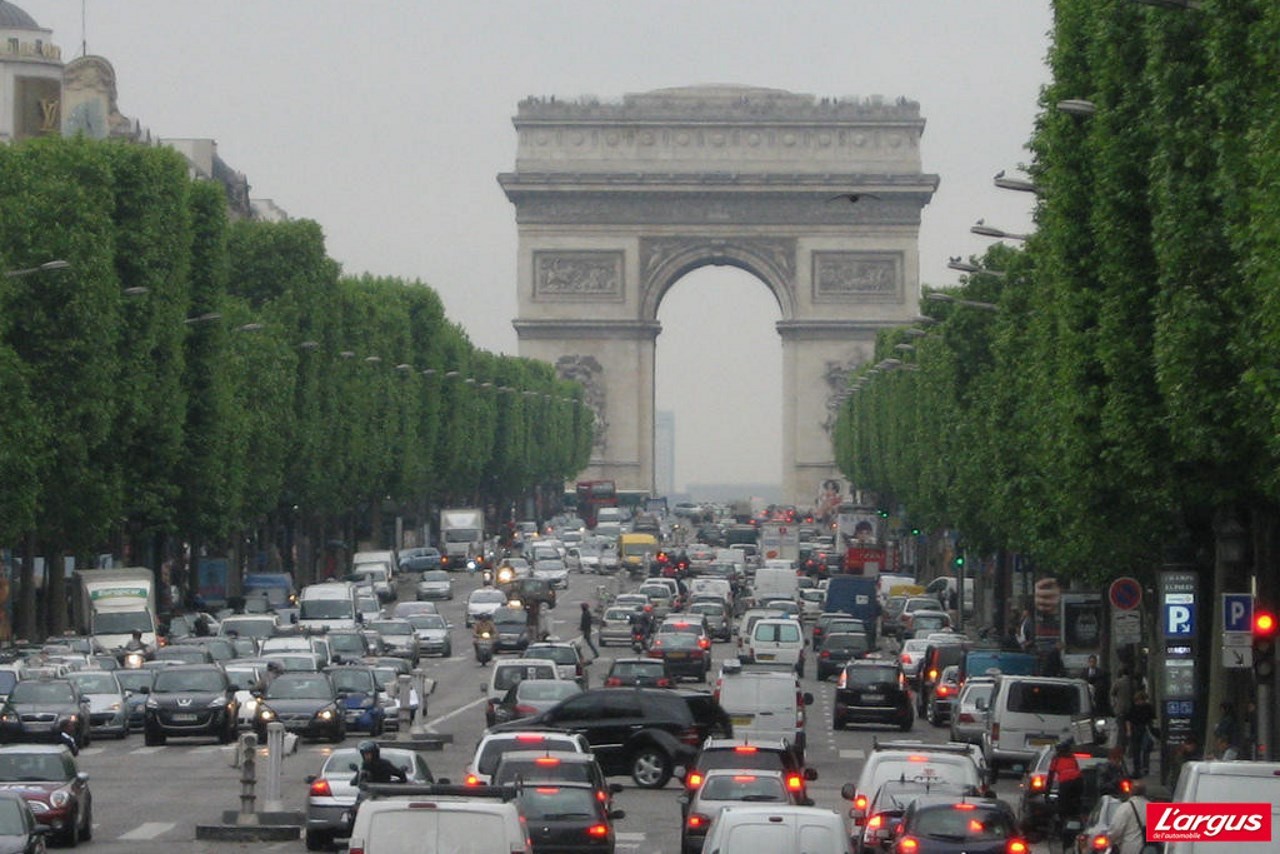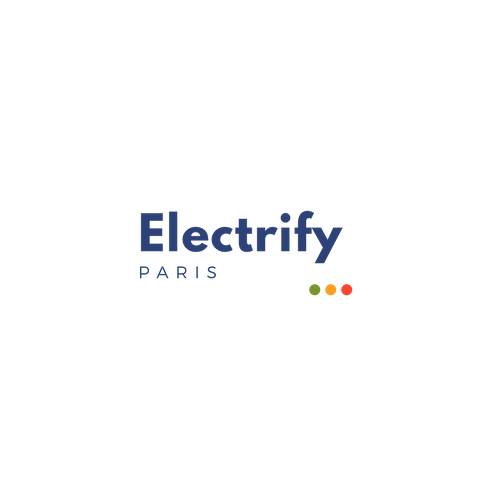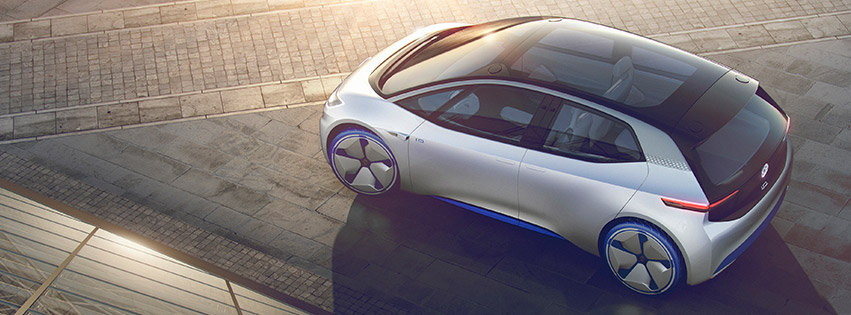The context in Paris
The usage of the car in Paris and in its suburbs, and between the different areas is considerable. Indeed 74% of Francilien people use their car daily to go to work and the duration of their journeys is much longer than in the rest of the country (more than one hour in average). This causes important trafic jam in Paris and its suburbs and pollution. In reaction the Mayor of Paris Anne Hidalgo has aimed to ban the use of oil car in Paris by 2030 or 2040.
This context is ideal for electric cars development, it could enable to reach the goal of the Mayor and improve citizens’ quality of life.

Current electric vehicles policies in Paris
Existing charging infrastructures and the Autolib system
The emphasis in Paris has been put on shared vehicles. One of the most known initiatives is the Autolib network, a network of shared electric vehicles with 1100 Autolib stations in Ile-de-France area. But these vehicles can’t be used in each situation and for each trip (some cities in Paris suburbs are not equipped) and it can be hard to find parking areas to end the location.
That’s why the city has also encouraged the parallel development of individual electric vehicles. In terms of infrastructures, the city counts 180 charging stations with the network Belib’ with a power included between 3 and 22kW. The problem is that the number of station is low and that charging can be expensive.
Other incentives
The municipality also offers a service of free parkings : residential parking for 7 consecutive days and visitor parking for up to 2 hours. But it only works with outside parking areas, which can be difficult to find.
In France different financial incentives exist : a financial aid which can go up to 10 000€ when people switch an old diesel car (more than 13 years old) for an electric one ; a tax credit of 30% when they install private charging stations.
In Paris installations costs of private charging points are financially supported by the municipality (until 500€).


